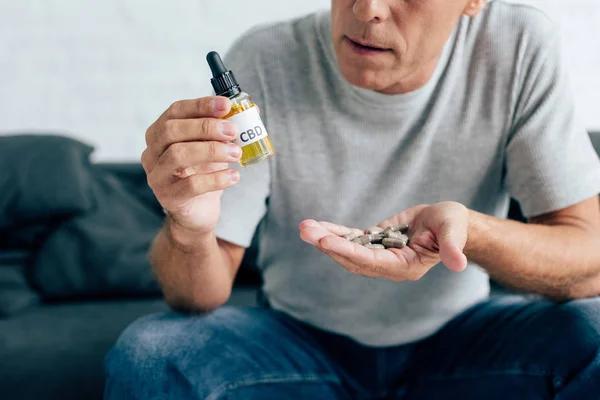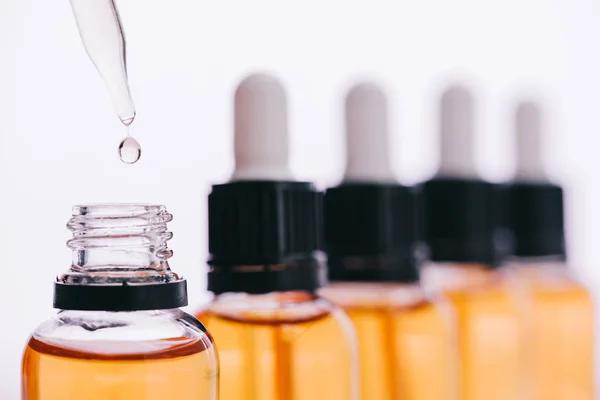Delta-8 and Delta-9 THC have been making waves in the cannabis industry as of late, with many consumers eager to try out these new products. However, there is still a lot of confusion surrounding the legalities of these two compounds. In this article, we will delve into the differences between Delta-8 and Delta-9 THC and explore the legal implications of each.
Delta-8 THC is a cannabinoid that is similar to Delta-9 THC but with some key differences. While Delta-9 THC is the primary psychoactive compound found in cannabis, Delta-8 THC offers a milder high that many users find more manageable. This has made it an attractive option for those who want to experience the benefits of THC without feeling overwhelmed by its effects.
However, despite its growing popularity, there are still questions surrounding the delta-8 vs delta-9 legality THC. The 2018 Farm Bill legalized hemp-derived products containing less than 0.3% Delta-9 THC on a dry weight basis. Since Delta-8 can be derived from hemp, some argue that it falls under this legal loophole.
On the other hand, opponents argue that since Delta-8 is synthesized from CBD through chemical processes, it should be considered a controlled substance under federal law. This has led to confusion among consumers and retailers alike, with some states choosing to ban or regulate the sale of Delta-8 products.
In contrast, Delta-9 THC is classified as a Schedule I controlled substance under federal law due to its psychoactive properties. This means that any product containing more than 0.3% Delta-9 THC is illegal at the federal level and can only be sold in states where recreational or medical marijuana is legal.
Despite these legal distinctions between Delta-8 and Delta -THC,, both compounds are subject to varying regulations at the state level.. Some states have chosen to explicitly legalize or ban both substances while others have not addressed them specifically in their legislation..
As such ,it’s important for consumers and retailers alike to educate themselves on their state’s laws regarding both compounds before purchasing or selling any products containing them . Failureto do so could result in fines , penalties ,or even criminal charges depending on local regulations .
In conclusion , while both delta – 87and delta – THChave gained popularity for their unique effects , there are still significantlegal uncertainties surrounding their use . It’s essential for all parties involvedto stay informed about current legislationand consult with legal professionals if necessaryto ensure compliance with all applicable laws .





